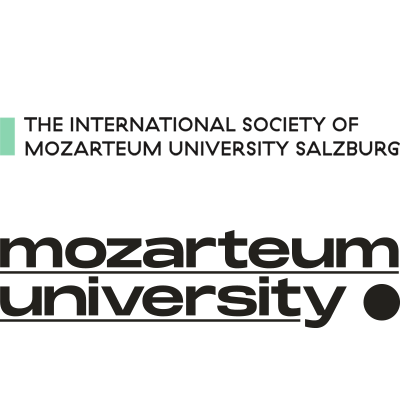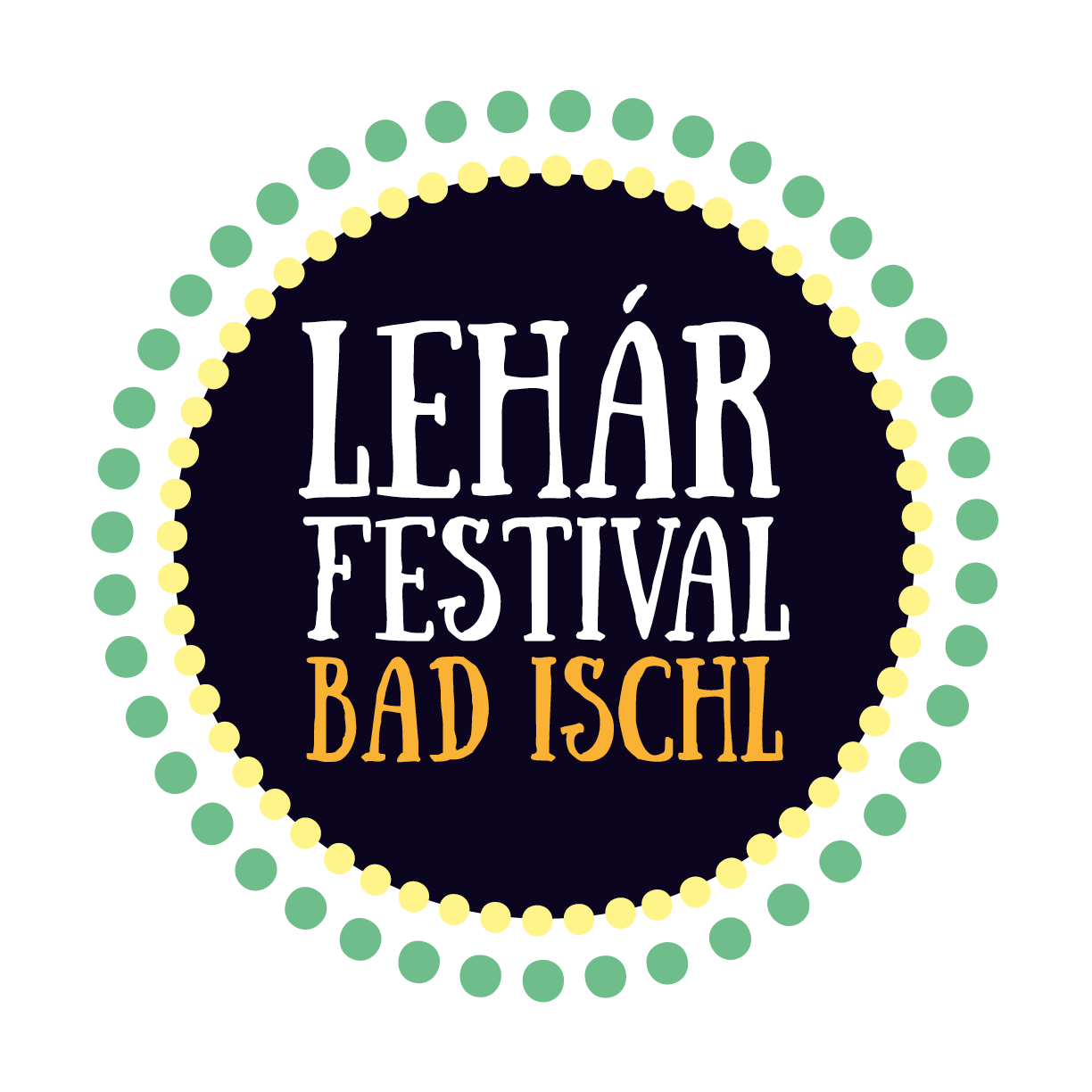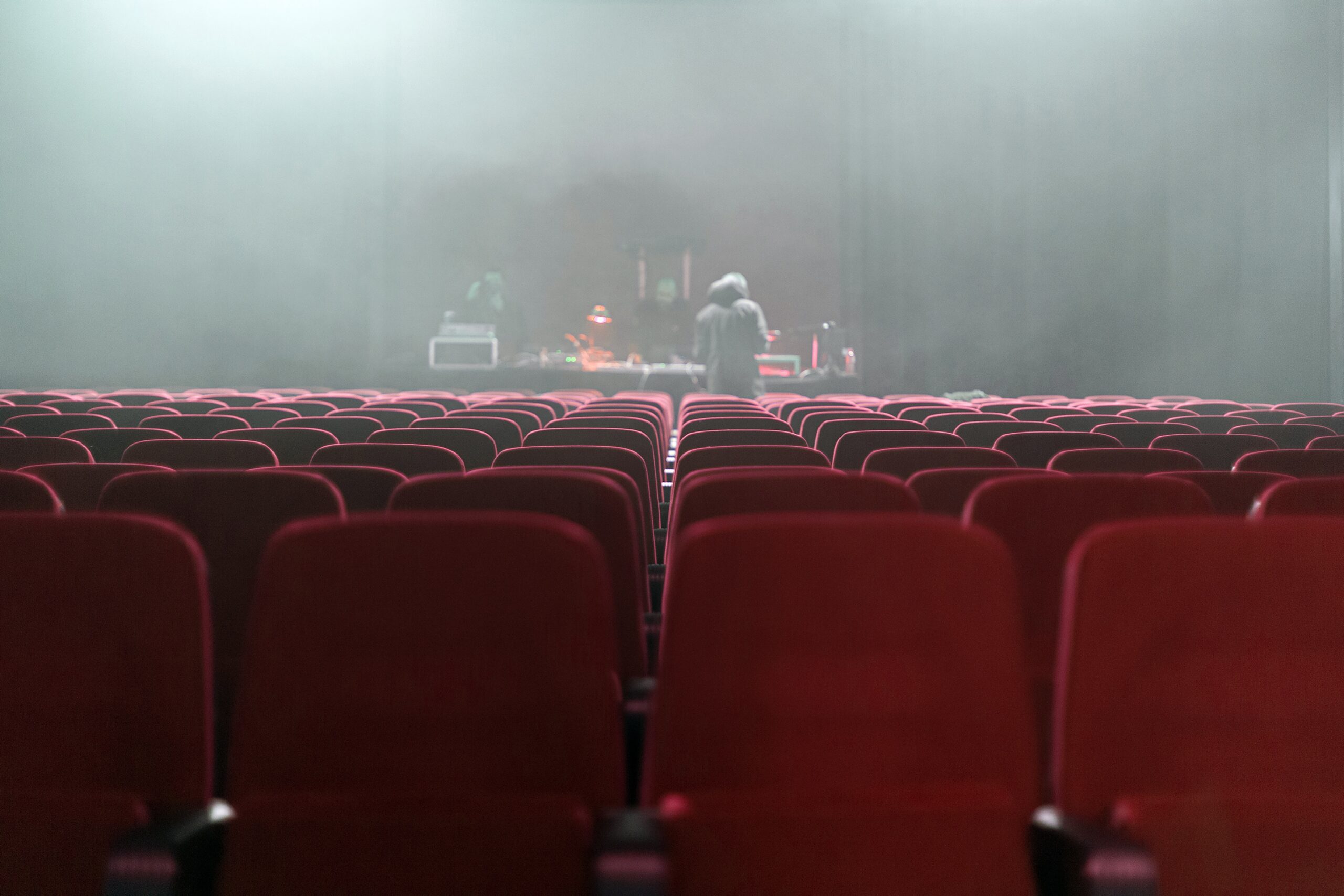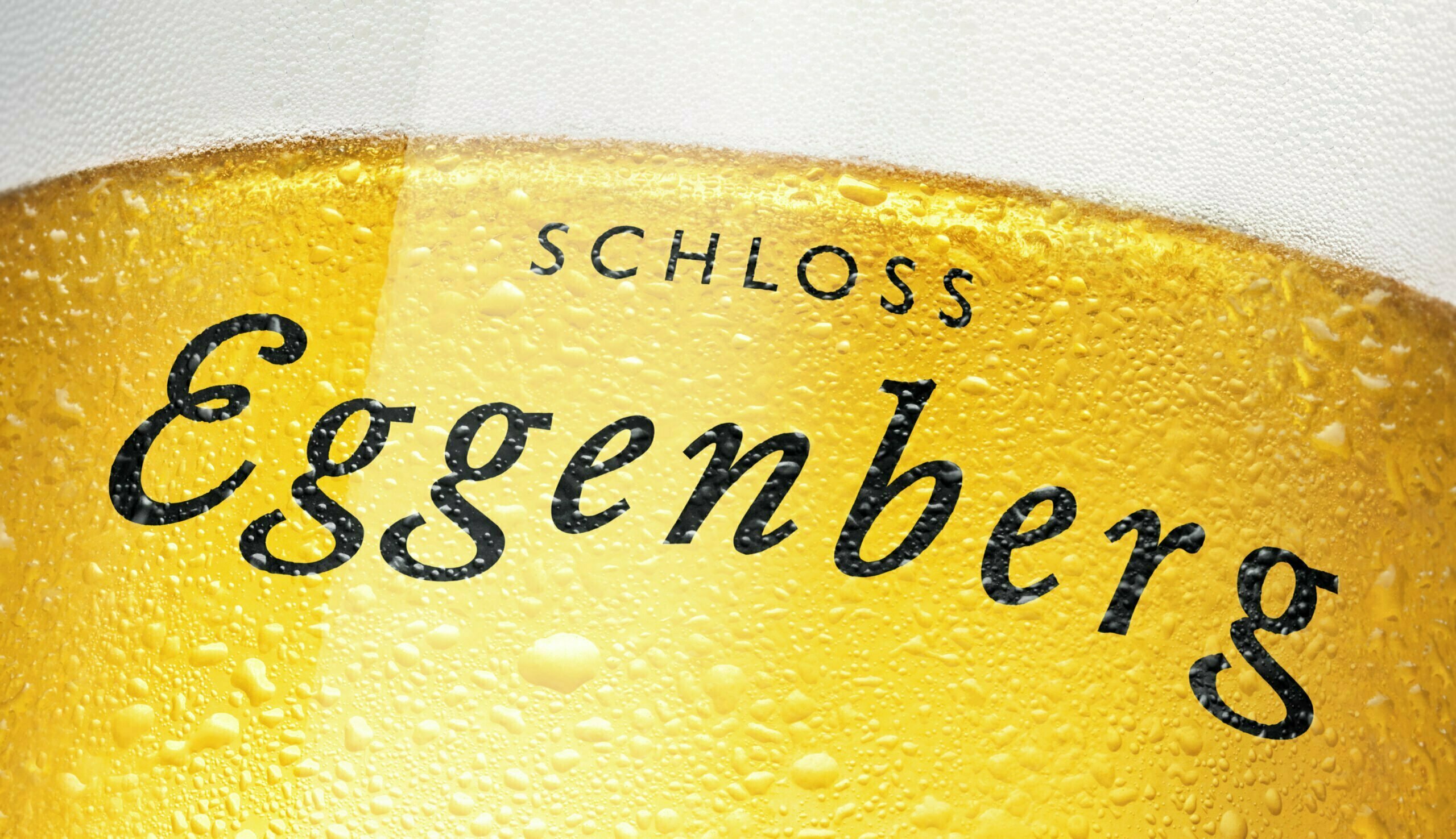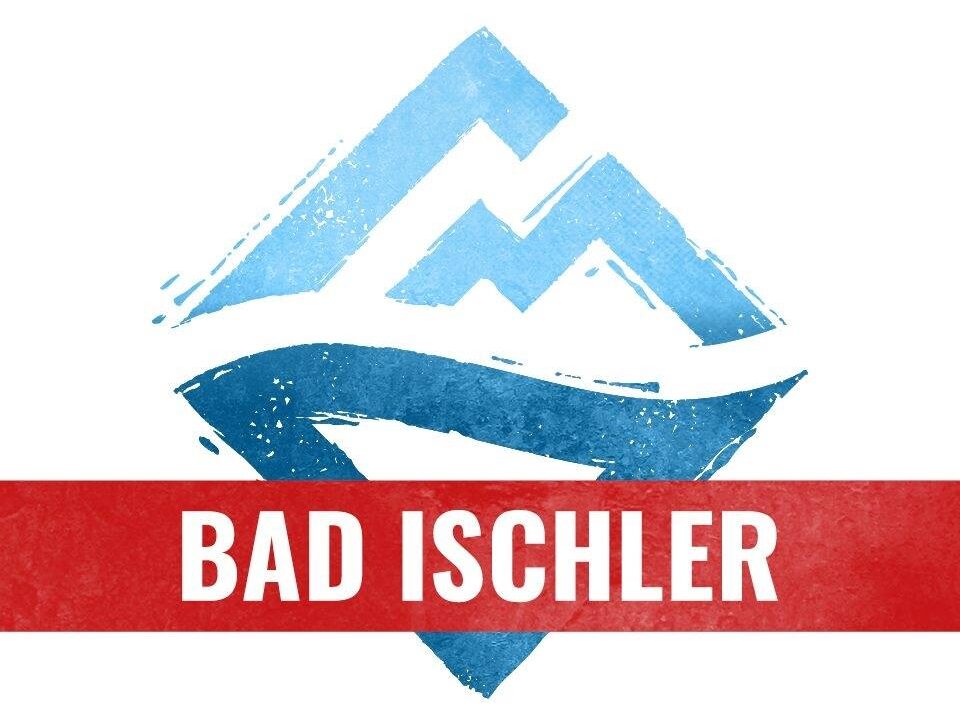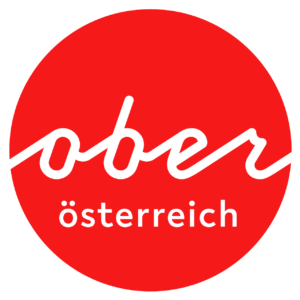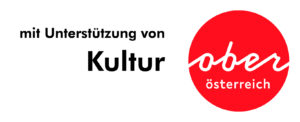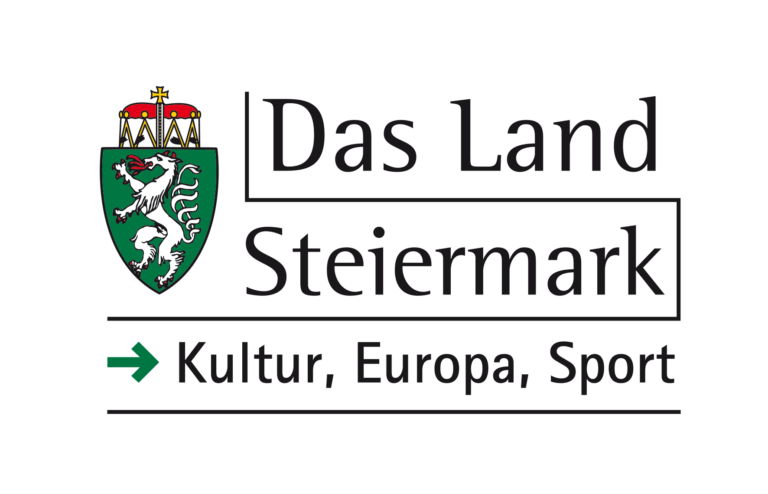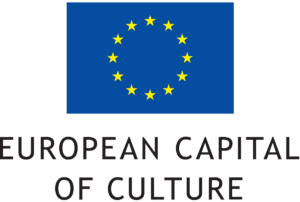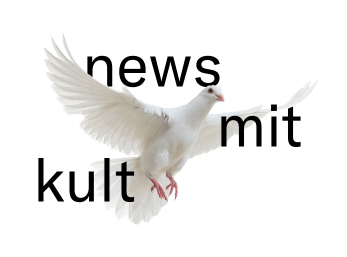Bad Ischl was a centre of the European operetta scene until the 1930s. It was here that popular, political, lustfully vicious forms of musical theatre were created, complex pieces full of abysses and laughter, until this rich and lively biotope was destroyed by National Socialism. In co-operation with the Lehár Festival and the Mozarteum University Salzburg, we want to revive this unique tradition and fill it with contemporary content. Three 20-minute short operettas by young composers and librettists will be selected in a competition and premiered at the Lehár Festival.
The winning projects
“The Bat Bomb“
Composition: Alexander R. Schweiß
Libretto: Lena Reißner
Conductor: Ruben Hawer
Director: Victor Osterloh
Stage and costume design:
Sophia Esterer, Lena Matterne and Therese Rosenauer
Solists:
Xiaofei Liu (Doctor Adams)
Nicholas Malakul (Bat Expert & Patient)
Mantas Gracevicius (Pilot & Mrs Roosevelt)
Volodymyr Morozov (Chemist & Mr. Roosevelt)
Taesung Kim (Cover Doctor Adams)
Bats as bombs, a dentist with a crazy plan and a secret military site: Based on a true story, “The Bat Bomb” follows the unusual plan of Lytle S. Adams, who, after the attack on Pearl Harbor, suggests to the President in a letter that bats be used as living incendiary bombs. Roosevelt’s approval leads to the establishment of a military site in New Mexico and the formation of the “X-Ray” team under the leadership of Doc. Adams: dentist, inventor and patriot. In May 1942, the team tests the cooled bats equipped with self-triggering incendiary bombs. But the bizarre endeavour takes an unexpected turn when some of the bats wake up from their cold rest and fly away.
“The Bat Bomb” takes a humorous look at an insane invention and its historical circumstances. The mass devotion of the American population offers a peculiar insight into the dynamics of war patriotism. Infected by blind hatred, a people develop absurd ideas regardless of the consequences.
“GOLDAUSTRUD’L or `The shrinking city'”
based on the libretto “The shrinking city”
Composition: Tanja Elisa Glinsner
Libretto: Lea Willeke
Conductor: Dou Huang
Directed by Jakob Schulte and Sofiia Nimak
Stage and costume design:
Caroline Ulmar, Christina Winkle
Soloists:
Anja Rechberger (Annemarie)
Chinatsu Hatano (Mariane)
Dares Hutawattana (Anton Mayer)
Neelam Brader (Anneliese Mayer)
The Shrinking Town tells the story of a holiday resort whose inhabitants are confronted with the absurd effects of a mysterious substance: Their small town is shrinking! Everyday life becomes increasingly bizarre – and the residents ask themselves: Where does the substance come from? What is it trying to tell us? And above all: How can we get rid of it?
People who have never even listened to each other before now have to pull together in the same direction. It’s not without humour, and everything goes better with (allusive) music anyway!
“L’écosystème humain?“
Composition: Fernando Strasnoy
Libretto: Giuliana Kiersz
Director: Calixto María Schmutter
Conductor: Félix Marest
Stage and costume design:
Simon Huber, Valentina Vorwahlner, Emilie Wünsch
Soloists:
Emma Kindinger (The Third Politician)
Julia K. Schneider (Another Politician)
Ívan Sánchez Águila (A Politician)
Xiaofei Liu (The Last Politician)
“L’écosystème humain?” is an operetta that analyses the discourses of the currently growing far-right movements in Europe from a decolonising Latin American perspective. The operetta combines elements of sociology, micronarrative, humour, criticism and the potential fusion of text and musical composition, creating a third concept of expression. Based on the concept of the “nano” as a compositional axis, a minimal fugue point with great complexity, we aim for a dramaturgy, scenography and music based on multiple dualities. The libretto will quote excerpts from speeches of far-right movements across Europe to show the violence and paradox of their narratives. With the global growth of far-right movements, we believe it is crucial to reflect on political discourses in order to understand which political direction we are taking, why and how we can counter them – both by constructing and deconstructing discourses. The genre of “operetta” offers us the opportunity to explore, parody and constantly question the potential “human ecosystems” we create in order to develop possible artistic responses.
Jury
Elisabeth Gutjahr (Rector – Mozarteum University)
Christoph Lepschy (Professor of Dramaturgy – Mozarteum University)
Magdalena Hoisbauer (Dramaturge – Volksoper Vienna)
Thomas Enzinger (Artistic Director – Lehár Festival Bad Ischl)
Angela Schweiger (Director – Lehár Festival Bad Ischl)
Alexander Charim (Theatre Director – European Capital of Culture Bad Ischl Salzkammergut 2024)
Team
The following university lecturers supported the students:
Gerhard Mayer, Mignon Ritter (set design, costumes)
Frank Max Müller (director)
Alexander Drčar (artistic direction)
Fernando Araujo (accompaniment)
Lenka Hebr (accompanist)
Andreas Bäuml (accompaniment & preparation of piano scores)
